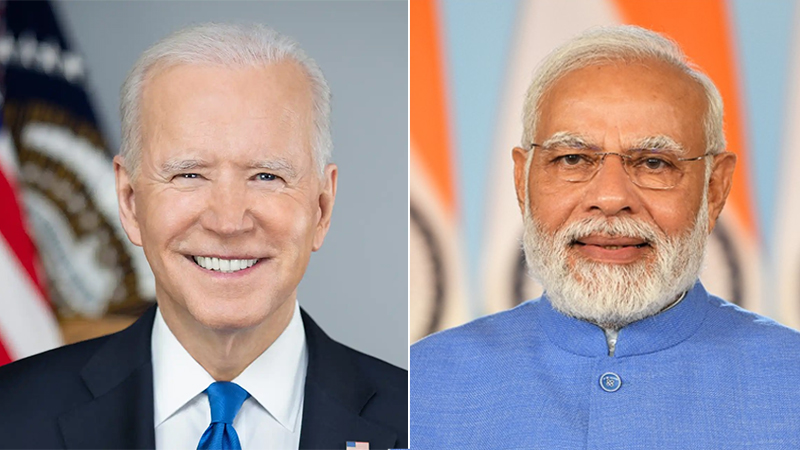The timing couldn’t have been more awkward for India and its policy makers. With elections currently underway, and political tempers running high within the country, a report in The Washington Post points the finger at an Indian official for attempted assassination in the United States. This same official is also alleged to have been behind another similar exercise in Canada which has obviously affected the India-Canada ties to a great degree.
To add fuel to fire, the US media has also named the Indian official (Vikram Yadav) allegedly behind the plots to assassinate separatist Sikh leaders on foreign soil. The media report goes on to report that these operations had the nod of Ravi Sinha, the Head of India’s espionage agency R&AW. The implications being made are also clear for all to see that, while media reports don’t say so bluntly, the accusation falls on the top office of the Indian government.
As expected, India reacted strongly to the allegations and called the report ‘speculative and irresponsible’. The reaction on social media was very much in favour of India and its actions. There was also this universal condemnation of the ‘double standards’ adopted by the US when it came to its own security interests vis-a-vis those of others. Many were quick to point out that the US had always taken pride in its operation to eliminate Osama bin Laden on foreign soil. It remains a fact that the government of Pakistan was unaware of the operation being carried out by the US on its soil.
For the US, of course, the current issue is of serious concern since the Sikh separatist leader, whose assassination had been planned and sanctioned by the Indian government (according to the media report), is a US citizen living in the US. This also comes at a very difficult time for the Biden administration that has been trying to build a stronger relationship with India, with an eye on China.
I think the takeaway is that India today sees itself as a major emerging power on the global stage. It also understands the US limitations as China continues its expansion mode across several spheres. India is today one of the world’s fastest growing economies and also home to the world’s largest youth population. The aspirations of a young, growing nation have been well understood and brought forward by the political setup. That is precisely the reason why most Indians feel that India has the right to eliminate its enemies abroad. The world has seen major powers, particularly the US, execute this doctrine out on the world stage for decades. And hence the rationale behind the display of ‘double standards’ by the US. If they can justify an action within the confines of their own security paradigm, it will no longer be able to censure other powerful nations from following the lead.
More than India, this time around, it is the US that will have to figure out a fresh perspective on how to deal with India. While this partnership, as yet, is not one of equality, it is nevertheless one where both sides gain much from the other. India, under Prime Minister Narendra Modi, has also reached out to the US in an embrace that has been tighter and warmer than the previous Indian leaders dared. India, for a long time, hesitated to be seen as a close partner of the US, whose capitalist credentials upset many in India. But both India and the US have walked the extra mile towards the other.
But this recent incident might be the litmus test. For one, the allegations are out in the public domain. The insinuations made against the officials close to the PM have made this even more serious. The US, on the other hand, would not allow this insinuation and alleged assassination attempt to be easily pushed under the carpet.
That said, the US will need to take a fresh look at the world stage and come up with a new paradigm to deal with countries like India. While no one denies the leading global role played by the US, powerful State actors like China are challenging it on a daily basis. India, while not challenging the US, will nevertheless assert her rights globally – most importantly, her right to defend herself and eliminate potential threats.
For the US, moral policing might not work here; a more nuanced understanding of a growing multipolar world would perhaps help. At the end of the day, a nation is judged by its actions, not so much for its moral lecturing to others. – The writer is Executive Editor of Nrifocus.com


Leave a Reply